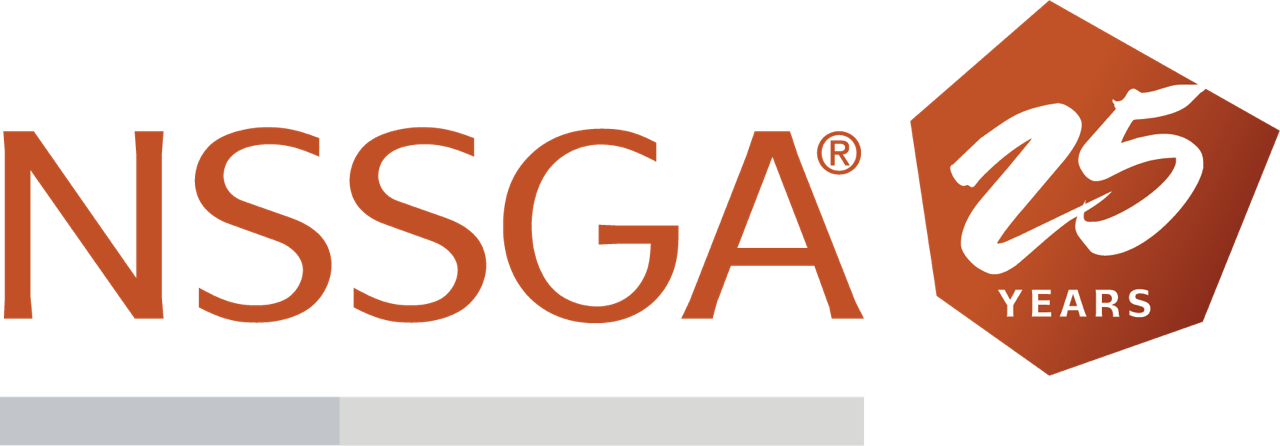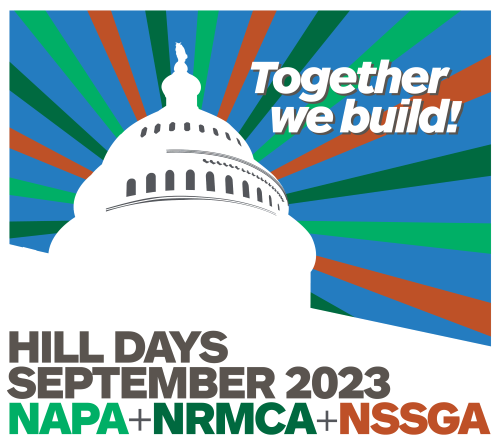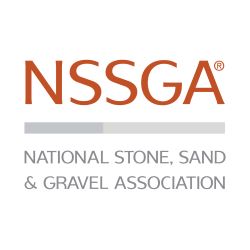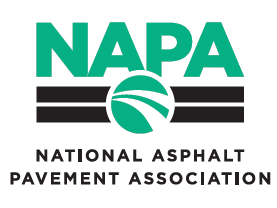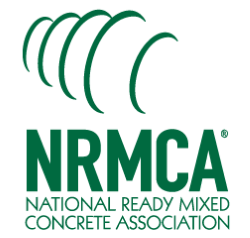Pass a reauthorization of our FAA programs that support robust airport construction and research.
• Our organizations support H.R. 3935, the Securing Growth and Robust Leadership in American Aviation Act, as it provides a 19 percent increase in funding for airport construction and continues for another five years the Airfield Pavement Technology Program.
Address rail service delays that create bottlenecks for delivery of materials needed to build.
• Inadequate rail service has severe impacts on our industries, hampering vital aggregates and industrial sand resources, which are crucial for creating infrastructure, building resilient communities, and producing American energy.
• We support S.2071, Reliable Rail Service Act (Baldwin/Marshall), which establishes specific criteria for the Surface Transportation Board (STB) to consider when evaluating whether carriers are meeting their common carrier obligation to give shippers much-needed certainty that is currently lacking.
• We support the STB moving ahead with the proposed reciprocal switching rule that promotes competition and improves service.
